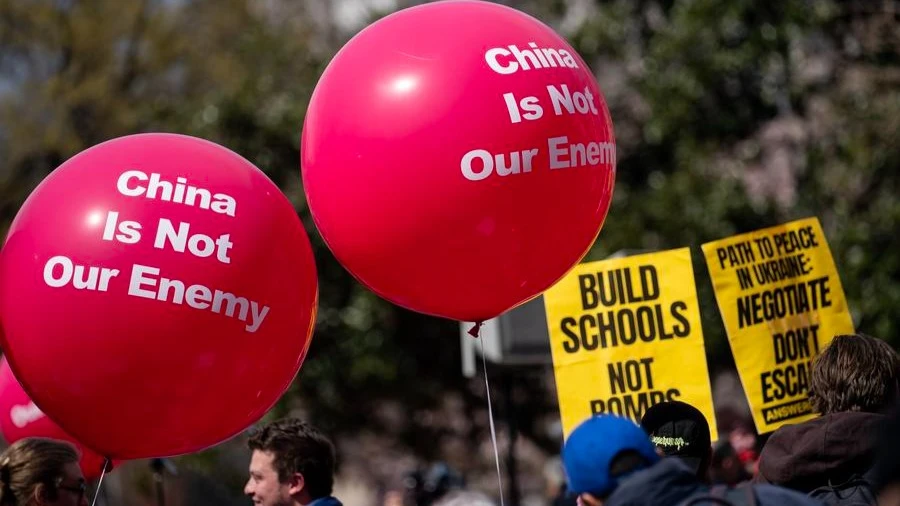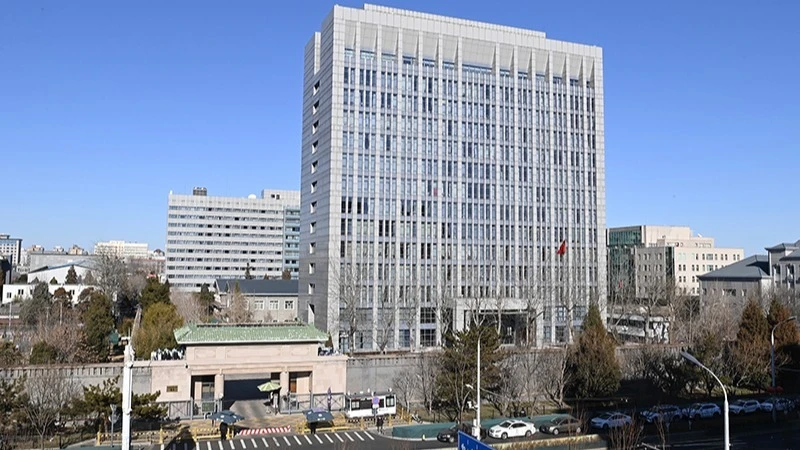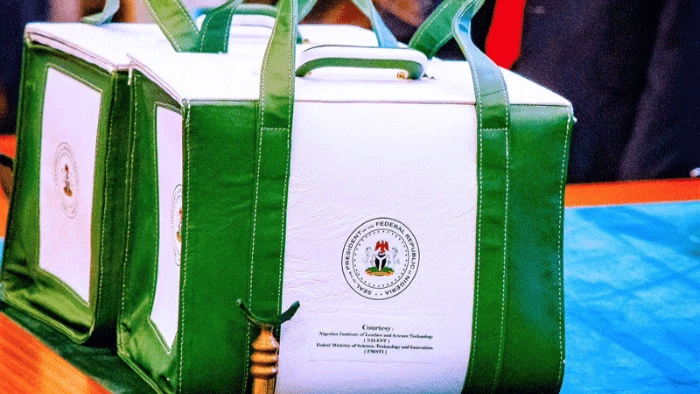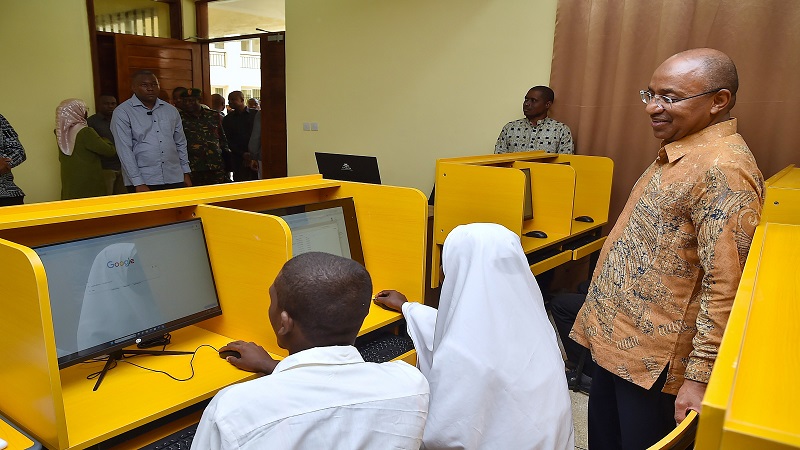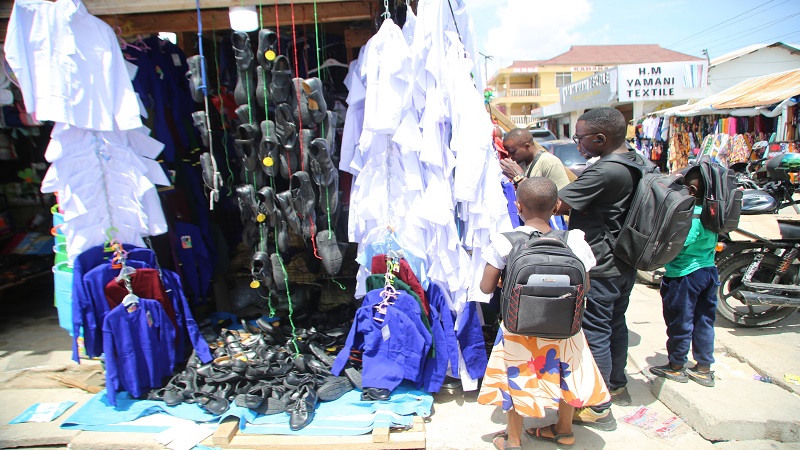MP wants sim card levy to pay health insurance for poor people
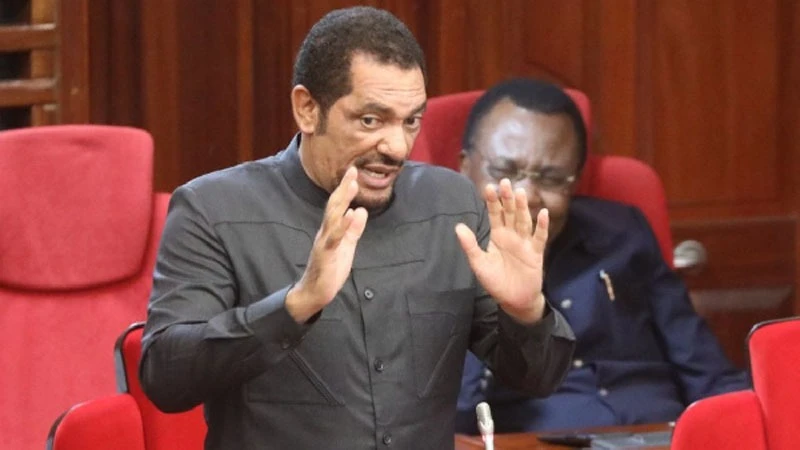
GAIRO Member of Parliament Ahmed Shabiby has called for introduction of sim card levy to pay for health insurance for people from underprivileged families in both urban and rural areas.
Debating the Prime Minister’s Office budget for 2024/25 tabled in the National Assembly on Wednesday, Shabiby argued that even if the Universal Health Insurance (UHI) by National Health Insurance Fund (NHIF) comes into effect before June this year, poor people will find it difficult to subscribe.
He said that Tanzania Communications Regulatory Authority (TCRA) fourth quarterly report for 2023 showed that active subscriptions stood at 70.3 million up from 67.1 million in the third quarter, suggesting that a special levy should be introduced to pay health insurance for poor people.
“If a 2,000/- monthly levy is placed on every active sim card, that makes 24,000/- a year and the government will successfully collect 1.7trn/-. This is only for ordinary mobile services consumers,” he said.
According to him, if large scale mobile services consumers such as private entities are subjected to the levy, over 2trn/- can be collected on an annual basis.
He said the decision can give the government a guaranteed source of funds to pay for health insurance covers.
Shabiby querried that if rural families couldn’t afford the lowest subscription in the Community Health Fund (CHF) what about the minimum contribution of 350,000/- being proposed?
CHF had commenced with the lowest annual subscription of 30,000/- but people from poor economic backgrounds could not stand it hence his argument that a collective strategy must be put in place by the government to assist poor people to manage treatment costs.
On another development, Shabiby argued that most public health facilities should be privatized. He said the same approach has been adopted by South Korea where 90 percent of facilities are private and only primary health ones are public and the approach has shown positive results.
Top Headlines
© 2025 IPPMEDIA.COM. ALL RIGHTS RESERVED








